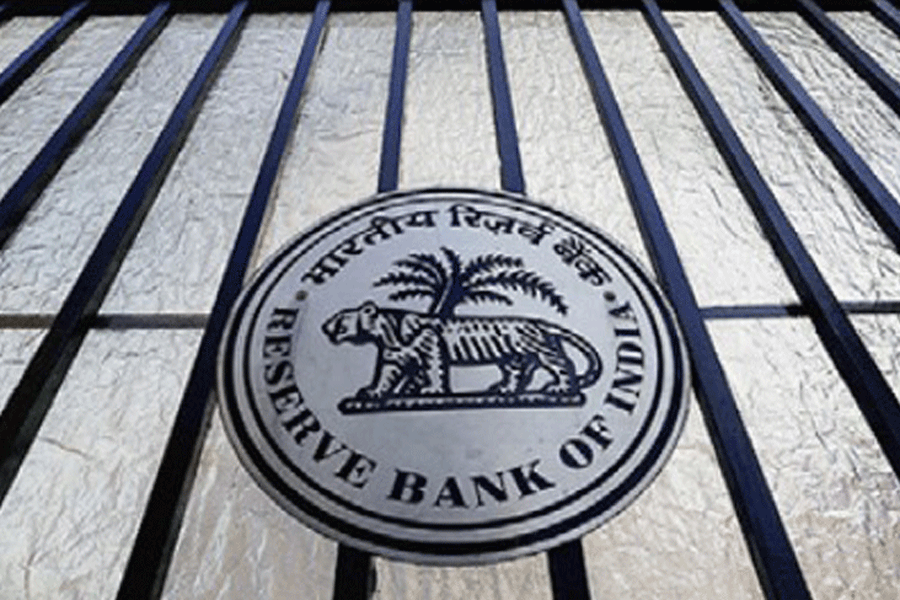The Reserve Bank of India on Tuesday said its recently released framework on compromise settlement and technical write-offs for wilful defaulters was meant to streamline existing provisions that were there in the rule books for more than 15 years.
In an FAQ on the controversial framework, the apex bank said it was trying to ensure that multiple avenues of redress were available to lenders.
As part of the bi-monthly monetary policy, the RBI on June 8 issued a comprehensive regulatory framework governing compromise settlements and technical write-offs covering all regulated entities.
The framework allowed banks, NBFCs, financial institutions and co-operative banks to undertake such an arrangement even in accounts that are categorised as wilful defaulters or fraud without prejudice to the criminal proceedings underway against such debtors.
In a follow-up, the central bank on Monday issued FAQs (Frequently Asked Questions) related to the June 8 circular.
Bank unions AIBOC and AIBEA have opposed the RBI’s move to allow lenders to settle loans of wilful defaulters under compromise settlement.
On whether the RBI has introduced a new clause permitting lenders to enter into compromise settlement with borrowers classified as fraud or wilful defaulters, the central bank’s FAQs said “No”.
“The said provision enabling banks to enter into compromise settlement in respect of borrowers categorised as fraud or wilful defaulter is not a new regulatory instruction and has been the settled regulatory stance for more than 15 years,” the FAQs said.
It also replied negatively to a question about whether the circular dilutes the penal measures applicable to borrowers classified as wilful defaulters or fraud.
The FAQ said there has been no dilution in the penal measures on wilful defaulters. Directions in this regard were issued on July 2015 and July 2016. It said that fresh institutional finance cannot be provided to such borrowers for floating new ventures for five years from the date of removal of their name from the list of wilful defaulters.
Moreover, borrowers who are classified as fraud are also debarred from availing bank finance for five years from the date of full payment of the defrauded amount.
The FAQs further said that as a disincentive to both the lenders and the borrowers, the circular introduces the concept of a “cooling period” for normal cases of compromise settlement during which the lender undertaking settlement shall not take any fresh exposure on the borrower entity.
The framework provides clarity on the definition of technical write-offs and offers broad guidance on the process to be followed by the regulated entities for technical write-offs, which is a normal banking practice, the RBI added.
It also said the standard practice of loan restructuring entails the lenders having a continuing exposure to the borrower entity even after restructuring and hence, in case of borrowers classified as fraud or wilful defaulters, permitting lenders to continue their credit relationship with the borrower entity would be fraught with moral hazard.
FAQs said a compromise settlement entails a complete detachment of the lender from the borrower. Therefore, permitting lenders to settle with the borrowers as per their commercial judgement would enhance recovery prospects.
A compromise settlement is a negotiated agreement between a borrower and a lender wherein the outstanding is fully settled in cash. Such a settlement may involve some sacrifice of the amount that is due from the borrower.
The technical or prudential write-off is the amount of non-performing or bad loans which are outstanding in the books of the branches but have been written off (fully or partially) at the head office level.











